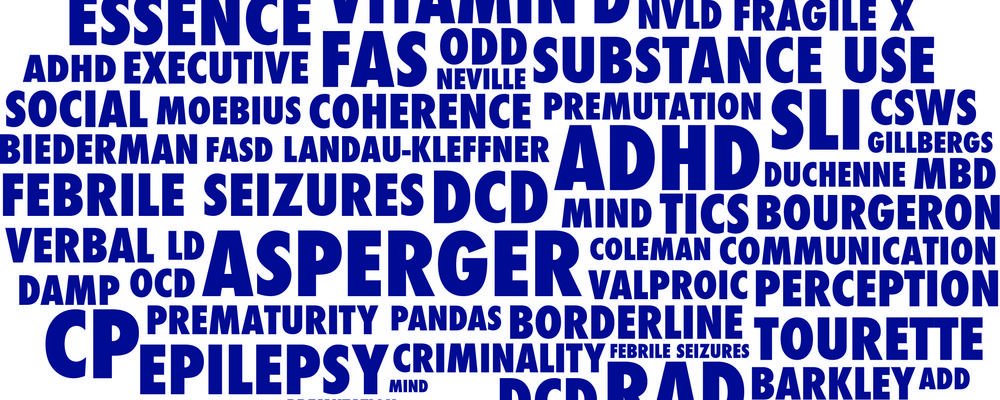
Stop saying neuropsychiatry?!
Lena Nylander's latest blog entry
[Posted on 20 June, 2017 by Lena Nylander]
What is neuropsychiatry, what do we actually mean when we use the term? I started thinking about this quite a long time ago when I tried to define what was NOT neuropsychiatry among all the conditions we encounter, diagnose and treat in adult psychiatric services. Neither then nor now was I able to think of any psychiatric diagnosis that does not involve the nervous system/brain. No matter what causes a kind of mental suffering or mental/cognitive dysfunction, or which methods might be used to treat the condition, any mental symptoms necessarily involve the brain. It is difficult to imagine that any other organ could be the main symptom-bearer in these cases. The conclusion must thus be that all psychiatry is “neuropsychiatry” and that therefore, the term is unnecessary. It is also misleading as it implies that everything but ADHD, autism and Tourette’s syndrome (sometimes but not always including intellectual disability as well) has something to do with something other than the brain.
Is there a need for a specific designation particularly for the diagnoses listed above? Their common denominator is the onset of symptoms in childhood, which would make the DSM-5 designation, neurodevelopmental disorders/NDD, more appropriate, yet still not comprehensive as there are motor disorders that are also developmental. In addition, more and more people claim that e.g. certain forms of schizophrenia constitute NDD.
ADHD, autism and tics are actually not particularly alike, whether you look at symptoms/diagnostic criteria or treatment. My suggestion is to use the respective diagnoses for discussing ADHD, autism etc., and to use the term ESSENCE as an umbrella term for different symptoms/syndromes with childhood onset. Instead of “neuropsychiatry”, one should, at least in adult psychiatry, introduce “cognitive psychiatry”. Cognitive psychiatry would then represent a form of psychiatry oriented around awareness and consideration for both developmental factors and the significance of the patient’s cognitive functions when considering their diagnosis and everyday function, and for the patient’s perception and understanding of the world around them as well.
[This is a blog. The purpose of the blog is to provide information and raise awareness concerning important issues. All views and opinions expressed are those of the writer and not necessarily shared by the GNC.]